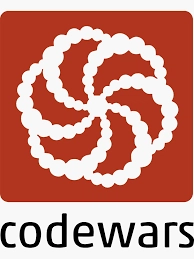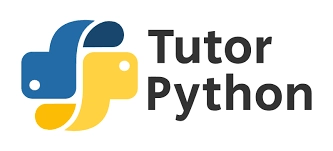
Debugging can be one of the most frustrating parts of coding. Even experienced developers hit walls when trying to trace elusive bugs that break their logic or crash their code.
Worse, most tutorials only teach syntax—not the real-world skill of isolating and fixing problems. Without practice in debugging, developers can feel stuck, slow, and even question their abilities. And paid courses or certifications aren’t always an option.
The good news? There are free, hands-on platforms designed specifically to help developers sharpen their debugging skills. In this post, we’ll explore the top free resources where you can practice identifying, fixing, and learning from bugs—so the next time your code breaks, you’ll be ready.
Top 5 Platforms for Practicing Debugging
HackerRank

HackerRank is a versatile platform known for its coding challenges and competitions. It provides a wide range of coding challenges and contests designed to improve and assess programming skills across various domains such as algorithms, data structures, artificial intelligence, databases, and more. The platform also provides in-browser IDEs with real-time feedback, allowing you to debug in a streamlined environment.
Key features:
- Instant feedback from auto-graded test cases.
- Tutorials and problem-solving guides available.
- Supports over 30 programming languages.
Best for: Interview preparation and competitive coding
LeetCode (Free tier)

Even in the free tier, LeetCode offers hundreds of algorithmic challenges, many of which intentionally trip up your logic or require you to consider runtime edge cases. You’ll regularly submit code, see failing outputs, and revise until it works. This feedback loop simulates real-world debugging and teaches you how to approach complex problems with a structured mindset.
Apart from algorithmic challenges, LeetCode features sections for SQL, Shell, and debugging challenges, allowing developers to diversify their coding practice
Also, the “Debug Testcase” feature lets you test specific inputs and understand exactly where your logic breaks down. For those preparing for coding interviews, it’s an excellent platform to build your debugging reflexes under pressure.
Key features:
- Built-in test case system with detailed error messages.
- Large community for discussion and solution sharing.
- Great for debugging under constraints
Best for: Practicing technical interview questions and algorithms
Exercism
Exercism takes a unique approach to coding exercises by combining coding challenges with a mentorship system. It offers thousands of exercises in over 50 programming languages, many of which are structured using test-driven development (TDD). This means you’ll be writing code to pass failing tests—an excellent way to practice pinpointing and fixing bugs. The added benefit? You can get feedback from volunteer mentors who help you understand what went wrong and how to improve
Key features:
- Peer mentorship and community feedback.
- Ideal for structured learning and debugging practice
Best for: Practicing real-world coding exercises with mentoring support
Codewars

Codewars uses a system of “katas” (short, focused programming challenges) that escalate in complexity. These often include edge cases and subtle bugs, forcing developers to think critically about why their solutions fail and debug their code before passing all test cases. Each kata also comes with community solutions that let you compare different debugging approaches
Key features:
- Challenges range from beginner to advanced levels.
- Focus on clean, efficient, and correct code.
- Helps develop a strong debugging mindset through iteration.
Best for: Developers who enjoy challenge-based learning and competitive coding
Python Tutor

Python Tutor is a code visualization tool that lets you step through your program line-by-line, watching how variables change and functions are called. It’s incredibly helpful for catching logic flaws, understanding scoping issues, and visualizing recursion and data structure changes in real time.
Though named for Python, it also supports JavaScript, Java, C, C++, Ruby, and more.
Key features:
- Step-by-step execution visualization.
- Highlights changes in variable values and function calls.
Best for: Beginners and visual learners who want to understand exactly how code executes
Conclusion:
Mastering debugging is more than just resolving red squiggly lines—it’s about cultivating a mindset that embraces problem-solving, logic, and curiosity. In the world of software development, the ability to swiftly diagnose and resolve issues not only saves teams valuable time but also leads to higher-quality products and greater confidence as an independent developer
With the provided platforms —like Exercism, Codewars, LeetCode, and others—you don’t need a costly course or formal training to hone these skills. Happy debugging!






